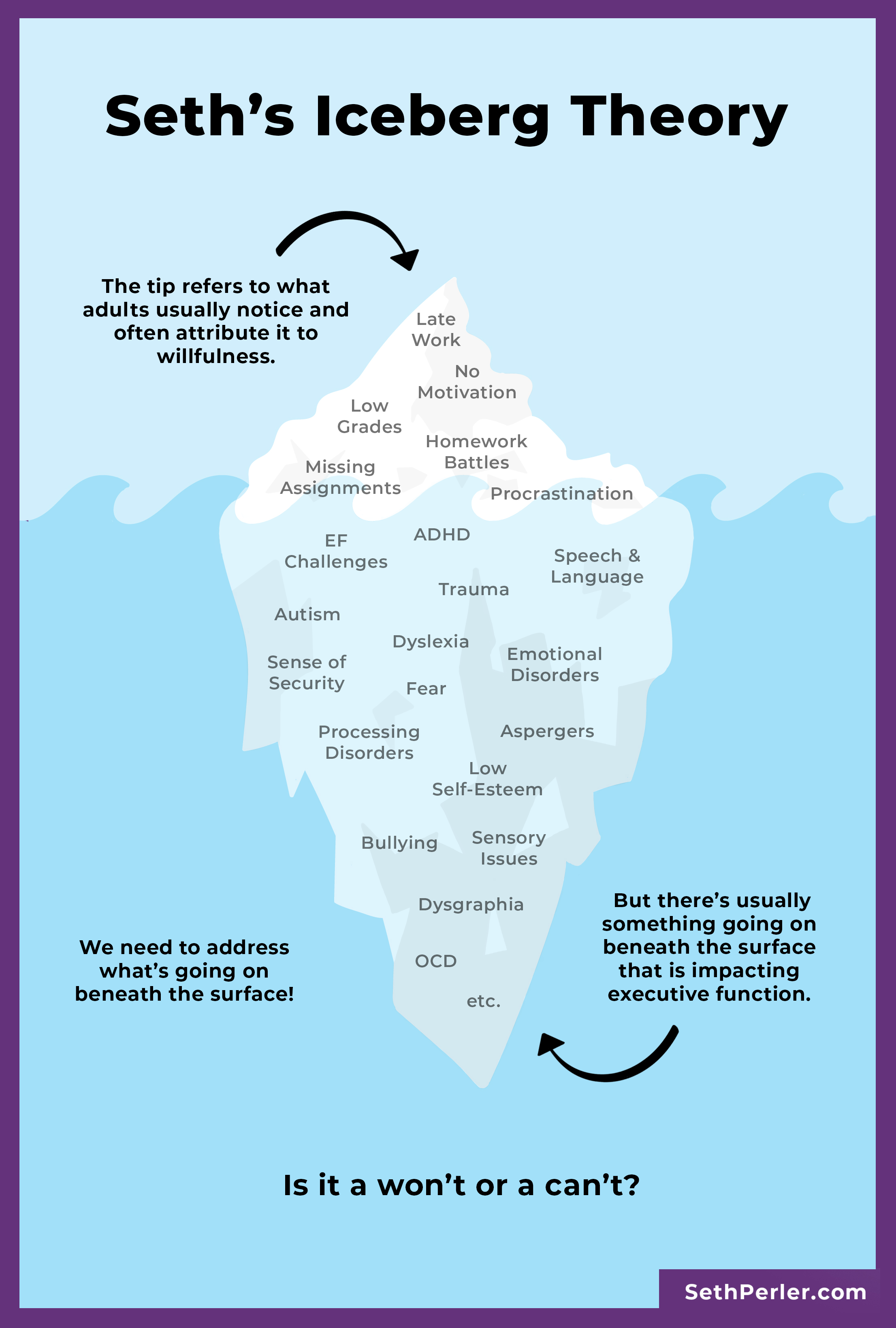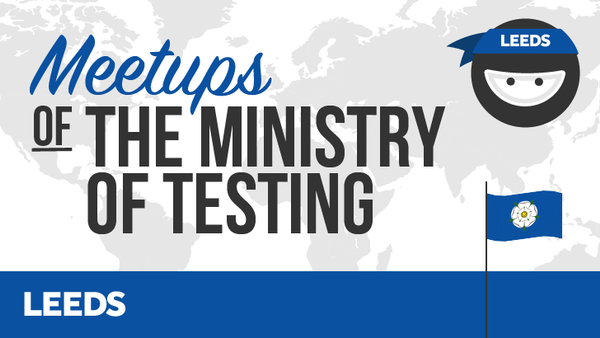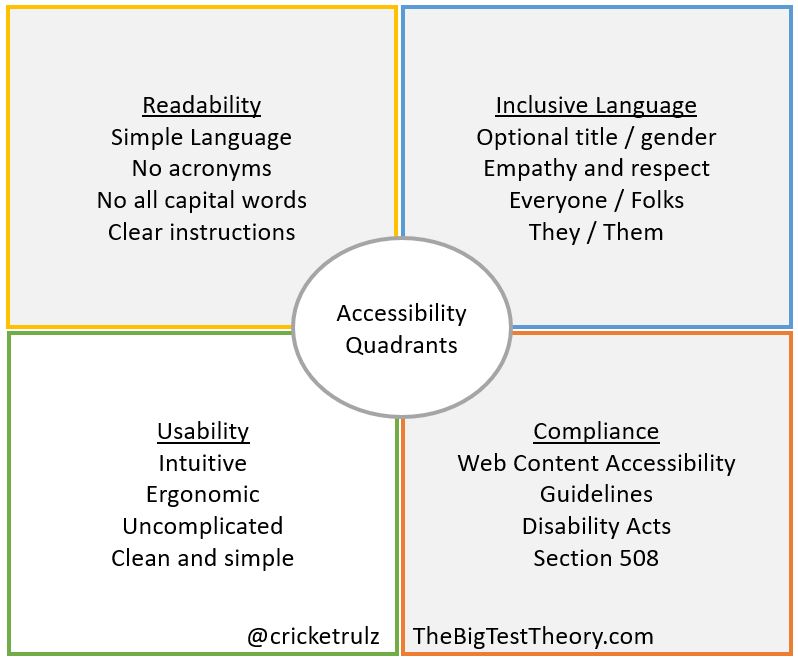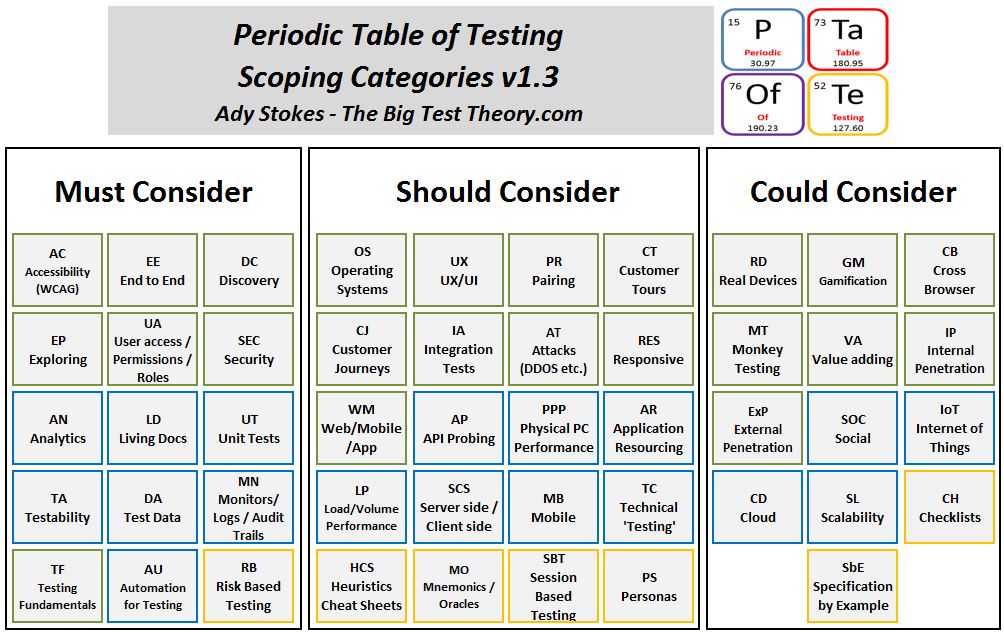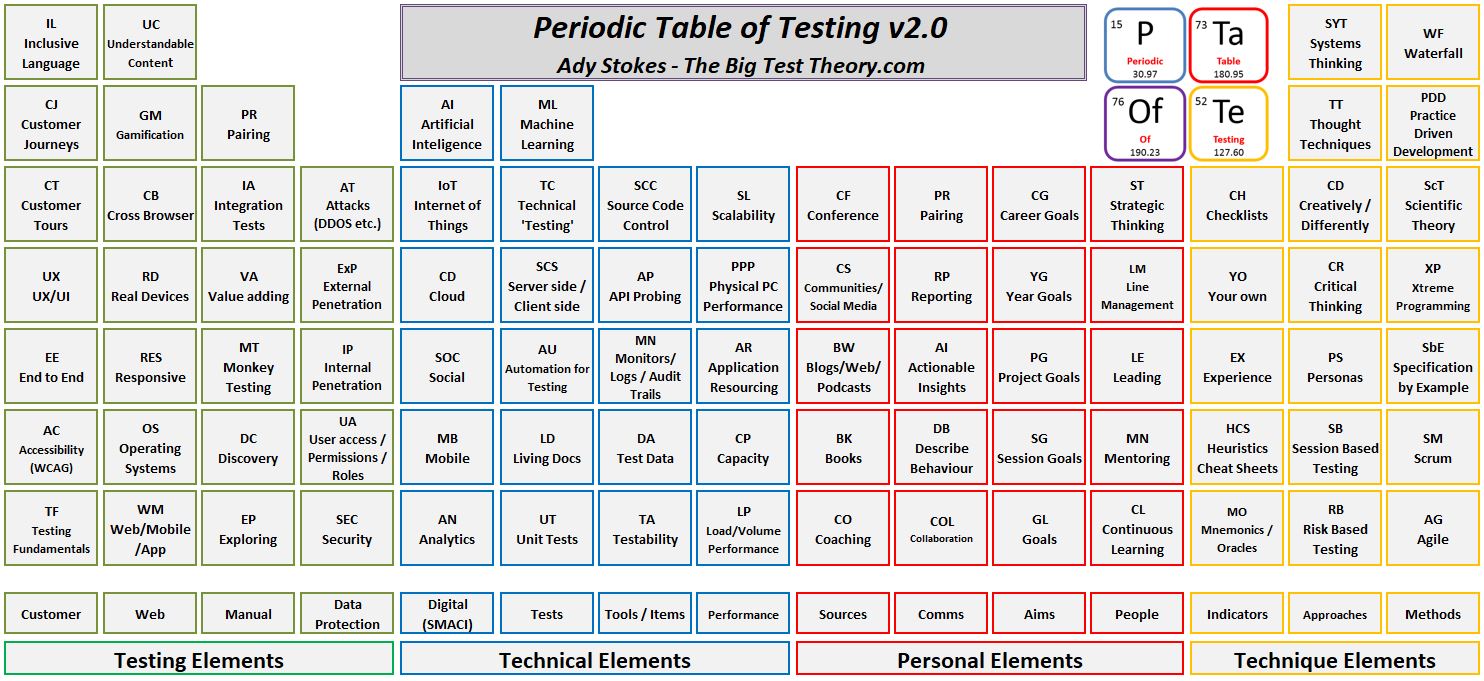A11y with Ady
April 2021
Introduction:
I hereby dub the first Tuesday of the month as the new “Accessibility Tuesday” when I will publish this accessibility newsletter, so;
Welcome to A11y with Ady. I hope you enjoy it and find something useful and I’m happy to hear any feedback or thoughts or anything you would like to hear more about from the world of accessibility.
Information will be shared in these info groups;
General - info that might interest everyone. This could be on inclusion, readability etc.
Disability - info on how specific disabilities might affect the use of software
Technical - info relating to more technical implementations, automation and coding
Compliance - news on WCAG Guidelines, regulation, legal actions etc.
So, here we go!
GeneraL:
The benefits of asking for a VPAT (Voluntary Product Accessibility Template) also known as a conformance report are nicely outlined in this article. We have a known problem with HelpScout, so maybe we should be asking for one, and chasing for time scales for outstanding issues?
Compliance:
While you don’t really have to be sneaky to look at the first public draft of the Web Content Accessibility Guidelines 3.0 this article summarises the changes you can expect really well. There are a number of significant language changes in the new version we will all have to get used to. A focus on the outcomes is also a significant change of tact along with new areas to look at like clear language. These all make for an interesting future for accessibility conformance.
https://www.digitala11y.com/a-sneak-peek-into-wcag-3-0-first-public-draft/
Technical:
This is not my strongest area of expertise but it comes recommended and from what I’ve read there may be useful things within that we can use.
Welcome to Tenon-UI
These are the documentation pages of Tenon-UI: Tenon’s accessible React components library. Why another component library?
Tenon-UI strives to become a go-to library for React developers who want to build inclusive and accessible sites that can be used by as many people as possible. If you do not yet know why this is a very good idea or how this relates to React in general, please visit the React Accessibility Docs.
Disability:
Jamie Knight writes about how their ADHD (Attention deficit hyperactivity disorder) affects their sleeping and the various things they do to adapt their environment to help them.
https://spacedoutandsmiling.com/blog/2021-02-23-sleeping
I found this visual from Seth Perler.com on his iceberg theory a really interesting insight into neurodiverse conditions as this could also apply to some versions of autism and PTS / PTSD (Post Traumatic Stress Disorder). For information, PTS normally resolves within a month or so, PTSD can last longer or for life. Note: there are a few other iceberg type theories out there.
Description: The iceberg shows what people usually notice above the surface, late to work, no motivation, low grades etc. But below the surface there could be one or many things going on.
That’s it for this month. Don’t forget to let me know what you liked, didn’t and any suggestions for improvements or questions.
Have a great Accessibility Tuesday, kind regards, A11y_Ady

